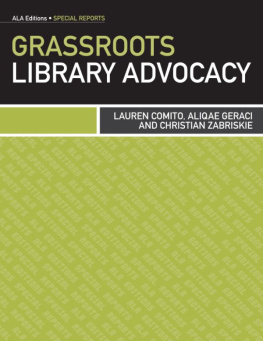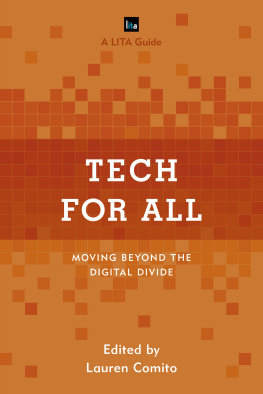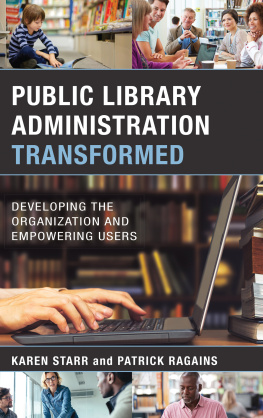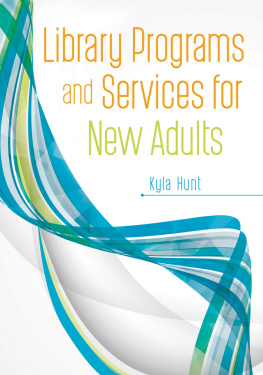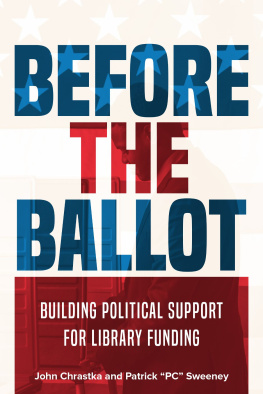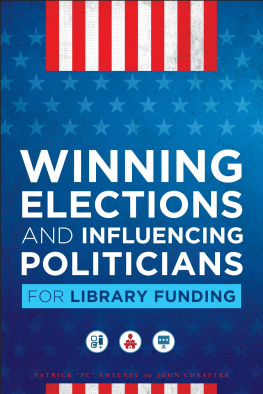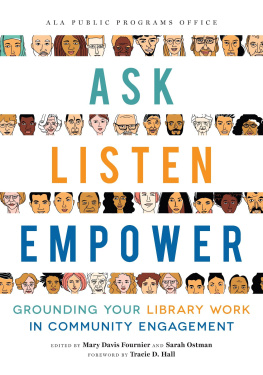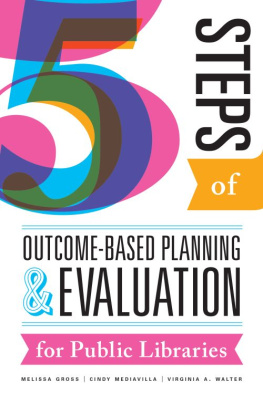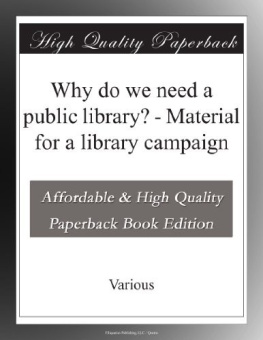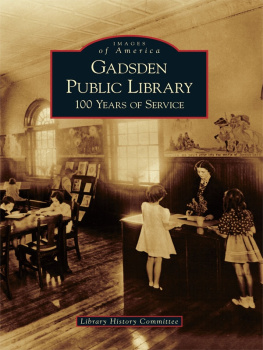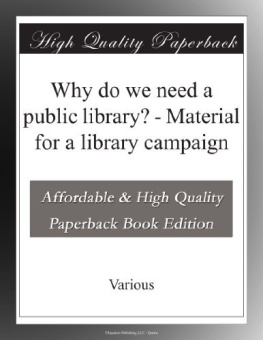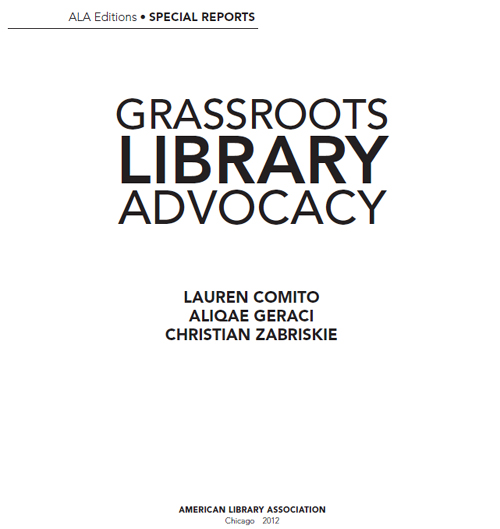
Lauren Comito is an outreach librarian at Queens Library. She is a passionate advocate for library services in New York City and elsewhere. She works as the webmaster and managing editor for the website savenyclibraries.org and as the communications director for Urban Librarians Unite and the Save NYC Libraries campaign. Lauren earned her masters degree in library science at Queens College and a BFA in Studio Art at Brooklyn College.
Aliqae Geraci is an industrial and labor relations research librarian at Catherwood Library, Cornell University, and a former public librarian. She is a founding member of Urban Librarians Unite and the Save NYC Libraries campaign, and she writes and speaks on topics related to labor, independent publishing, and radical librarianship. Aliqae has an MSLIS from Long Island University and an MA in labor studies from the City University of New York.
Christian Zabriskie is the assistant coordinator of young-adult services for Queens Library. He is the founder of Urban Librarians Unite and the Save NYC Libraries campaign. He also writes and speaks about graphic novels in libraries and topics in young adult library services. Christian has an MA in English language and literature from the University of St. Andrews in Scotland and an MSLIS from Florida State University.
2012 by the American Library Association. Any claim of copyright is subject to applicable limitations and exceptions, such as rights of fair use and library copying pursuant to Sections 107 and 108 of the U.S. Copyright Act. No copyright is claimed in content that is in the public domain, such as works of the U.S. government.
Extensive effort has gone into ensuring the reliability of the information in this book; however, the publisher makes no warranty, express or implied, with respect to the material contained herein.
ISBNs: 978-0-8389-1134-1 (paper); 978-0-8389-9499-3 (PDF); 978-0-8389-9498-6 (ePub); 978-0-8389-9500-6 (Kindle). For more information on digital formats, visit the ALA Store at alastore.ala.org and select eEditions.
Library of Congress Cataloging-in-Publication Data
Comito, Lauren.
Grassroots library advocacy : a special report / Lauren Comito, Aliqae Geraci, Christian Zabriskie.
pages cm
Includes bibliographical references and .
ISBN 978-0-8389-1134-1 (alk. paper)
1. LibrariesPublic relationsUnited States. 2. Libraries and communityUnited States. 3. Library outreach programsUnited States. 4. LibrariesPolitical aspectsUnited States. 5. Pressure groupsUnited States. 6. Community organizationUnited States. I. Geraci, Aliqae. II. Zabriskie, Christian. III. Title.
Z716.3.C66 2012
021.70973dc23 2012016969
Series cover design by Casey Bayer.
To David Grimes, my Library DadLC
To all the Library WarriorsAG
To Vicky, the heart of my everythingCZ
ALA Editions purchases fund advocacy, awareness, and accreditation programs for library professionals worldwide.
Contents
T he weather at the 24-Hour Read-In was bad from the outset. We set up in the rain, and a steady drizzle continued from when the first reader stepped up to the microphone. We had two small overhead tents, one for the reader and one with space for about eight or nine chairs packed tightly. The rain tapered off just in time for our VIPs, but as the sun went down, it picked up again, and the temperature started to drop. Early June in New York City can be changeable, and when the wind increased, everyone bundled up. By 2:00 a.m. the rain was lashing, and the wind was strong enough to shake and twist the tents. Readers had to avoid the trickle of water just short of the podium, and the listeners were shivering even though they were wrapped in blankets.
Why did we do it? To focus attention on the importance of libraries and to raise public awareness of a proposed budget cut that would have been devastating. For twenty-four hours hundreds of readers raised their voices in fifteen-minute shifts on the steps of the Brooklyn Public Library. We read and listened in turn; the listeners acted as witnesses and as a visible symbol of the general public. The amazing thing was that no matter the time or the weather, there were always people sitting, listening, and eager to stand up and read. We are not alone. During the past few years, library supporters from all over the world have stood up to defend their library and what it means to their community. Libraries are increasingly under fire, and in response, people in California, in Britain, in New York City, and all over the map are creatively speaking out in large and small ways about their quietest public institution.
Libraries, like many other public service providers in the United States, have been the victim of increasing budget cuts in the wake of the 2008 economic crisis. Declining tax revenue and the increasing popularity of political belief systems that challenge government services have fueled these cuts. A recent study published in Library Journal stated that more than 72 percent of public libraries surveyed had been the target of budget cuts in the previous year, with 43 percent of respondents reporting staff layoffs. Library budget cuts have an immediately devastating impact on service and staffing levels, endangering public access to essential information and community resources.
Yet despite declining funding and service levels, public library use is up and continues to grow. A recent telephone survey of American households by the American Library Association found that households reporting more than twenty public library visits in a year rose to 25.4 million in 2009 from 20.3 million in 2006.unenviable position of having to slash funding even to popular and beloved services. In addition, given the choice between closures and layoffs, many systems have reduced staff when they are needed most.
Of course, library advocacy is most visible during budget time; lack of funds is axiomatic to our profession. Libraries always have to speak up to get their slice of the budget pie, and they have done so quite well for many years. As budgets tighten, however, the slices become thinner, verging on starvation rations. Libraries must ask more loudly and more often for what they need, and incredulous library professionals are left to wonder about extension of the modest benefits that have taken them years to accrue.
However, jobs and benefits are only part of the equation. Theres also the issue of having the operational capacity to fulfill responsibilities to the public. The library has a unique place in society. It is a cultural storehouse for the community it serves, whatever that community may be. It offers dignity and sanctuary to everyone. It is the leveling ground where millionaires and migrants meet, often with much the same needs. It is the poor mans university, a community for the friendless, and a repository of both knowledge and opportunity for all. As an educational institution, in service to the people, the library, a space dedicated to freely accessible information and entertainment presented in a welcoming, supportive atmosphere, is an idea worth defending. It is a courageous concept, a bold statement about the priorities of our culture: a great many very talented people have made moving this idea forward their lifes work. Thanks to their efforts, libraries are endemic in our communities. This did not happen overnight, nor will the dismantling of our libraries be immediate. But libraries are being pared back, hampered by new budget realities that move them to the bottom of the list of public priorities. They are low-hanging fruit for budget trimmings, even when their budgets have already been carved to the bone. A steady chipping away of staff, service, hours, and access points continuing over years and decades threatens the existence of public libraries as a reliable community resource. The process has already begun, and stemming the tide requires relentless effort from passionate library defenders.
Next page
